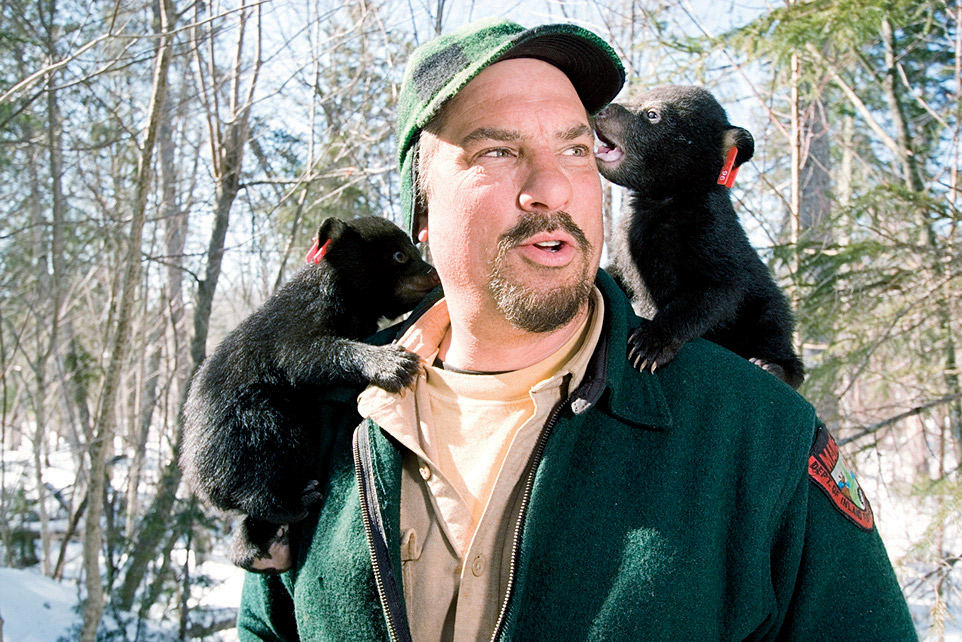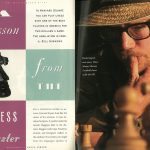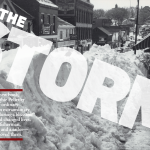10 Things to Know About Maine Black Bears
Did you know that Maine black bears can live to about 30 years old in the wild? A fun and fascinating collection of Maine Black Bear facts.

Coffee By Design | Portland, Maine
Photo Credit : Katherine KeenanFollow along with photographer Carl D. Walsh as he accompanied wildlife biologist Randy Cross and his crew of technicians in the Maine black bear monitoring program.
See More: Tracking Maine Black Bears | Photos
10 Things to Know About Maine Black Bears
1. About 30,000 black bears (Ursus americanus) live in New England.
2. Male black bears can weigh up to 600 pounds but average about 250 to 350 pounds, while females grow to only 100 to 200 pounds. Males are roughly 40 inches tall at the shoulder and measure 5 to 6 feet from nose to tail; females are about 30 inches tall at the shoulder and 4 to 5 feet long. They’re the smallest of the North American bear species.
3. Bears are not true hibernators, but instead enter torpor, a state of dormancy during which their body temperature and metabolic rate drop. They don’t eat, drink, or excrete waste and are more easily awakened than true hibernators.
4. Recent studies indicate that bears lose about 25 percent of their body weight and 29 percent of their muscle strength during torpor. By contrast, humans on bed rest for a similar length of time, although eating a balanced diet, have lost 54 percent of their muscle strength.
5. In the spring, it takes about two weeks after rousing from torpor for bears to return to normal activity levels.
6. Black bears mate during the early summer months. Females usually bear two or three cubs every other year in the winter den. Cubs stay with their mother for up to a year and a half, with as much as the first five months spent in the den.
7. Nearly 50 percent of cubs don’t survive their first year, often due to starvation. However, if they do survive and can avoid the other main cause of death — 90 percent of adult black bear mortality is due to hunting and other human activities — they can live to about 30 years old in the wild.
8. In late summer and fall, black bears forage widely to build fat. Although they’re omnivorous, their diet is mostly vegetarian. They supplement with insects (including beetles, ants, and bee larvae) and the occasional fish, small mammal, bird, or carrion. They’ve been known to prey on young deer or moose.
9. Bears can run at speeds of up to 35 miles per hour.
10. Bear cubs are born with blue eyes, which turn brown during their first summer.
This post was first published in 2007 and has been updated.








And yes, they love honey. A black bear got caught on camera raiding my neighbor’s beehive last summer.